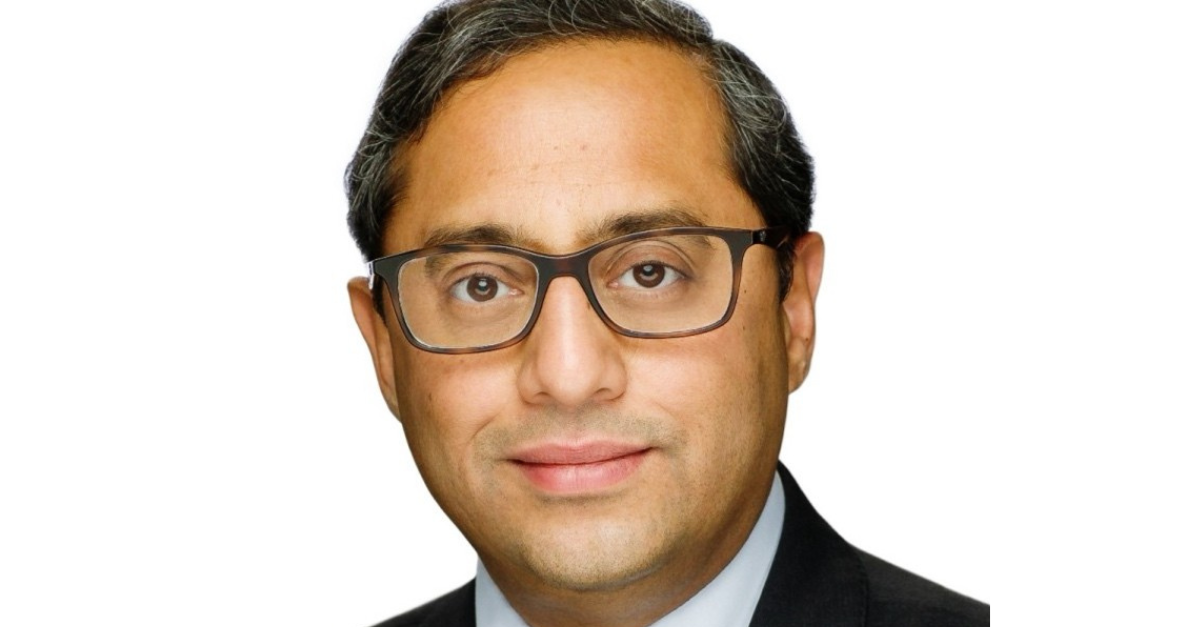My fascinating conversation with Ben Veghte, executive director of the Washington Cares Fund, covered both his state’s innovative model for public financing of long-term care and the Dutch approach to senior care.
The Washington Cares Fund
The Washington Cares Fund is a unique long-term care financing model that – starting in July 2026 – will provide state residents with up to $36,500 for long-term care costs, financed by a 0.58-percent payroll tax. To qualify, residents must have contributed for 10 years, with some exceptions.
I asked Veghte what to me was the obvious question – or perhaps flaw – in the plan: $36,500 is not very much given the high cost of care. He responded that the Washington plan is a stepping stone in two ways, for a change in social policy and for beneficiaries to plan for their care.
“It’s a first step, a critical first step. This is establishing the architecture of universal coverage, which is the foundation for everything that’s going to come from now on. You’re going to see more states do this. And, ultimately, I’m confident the federal government will do this sometime in the next 10 or 20 years because it’s essential.”
He explained that the concept of universal coverage is a big change from the American point of view that everyone should take care of themselves until they’re destitute, and only then will the state step in. “It’s a big lift from a political cultural perspective to take this from being a private family problem to a shared social problem. That was a paradigm shift that we managed to achieve in our state. But that’s a big lift. So we started with baby steps. WA Cares is a very modest premium for a modest benefit.”
Veghte suggested that even the modest benefit could have a big impact for informal family caregivers who need a respite. In addition, by covering the first tranche of the cost, it can make private long-term care insurance more affordable. In effect, it allows people to buy private insurance with a large deductible covered by the Washington Cares Fund.
Washington is now working on a state-sanctioned version of the insurance. Veghte explained that “for the first time since the 1990s, long-term care insurance can become affordable again for teachers, firefighters, average people who want to buy an extra $50,000 or $100,000 of coverage on top of their WA Cares benefit.”
The Dutch Model
Switching gears to other government models, Veghte described how the Netherlands provides high-quality care at a relatively low cost due partly to the greater availability of comfortable senior housing and a custom that older adults leave their homes to make way for younger families. It’s much less expensive to provide needed care in a congregate setting; and these communities create social bonds through which residents care for one another.
As Veghte further explains in a recent study, unlike the United States, the Netherlands has universal health coverage that includes long-term care. Veghte also expressed optimism about other initiatives to increase housing options and services for older adults. Instead of the U.S. approach of relying on a tax credit to support construction of lower-income housing, he suggests that – through social investing – wealthy individuals might support housing co-ops while still earning a modest return on their investment. This model has worked in the Netherlands and elsewhere in Europe.
Universal Coverage
In choosing one initiative to recommend to policymakers, Veghte returned to universal long-term care coverage. Medicaid, he explained, is a zero-sum game. The only way for the federal and state governments to save money is to limit eligibility or reimbursement rates. “The age wave is increasing our caseload count. Every state in the country is dealing with that right now. But with universal coverage, you have middle-income people and upper-income people who all have a stake in the quality of care, and they’re not going to put up with having the quality of services financed by Medicaid rates for their care providers.”
And he believes most people would accept the necessary premiums. “Just like with Social Security, if we ask our parents ‘Do you regret having paid into Social Security and Medicare?’ you won’t find a single older adult who says, ‘yeah, I really regret that.’”
For more from Harry Margolis, check out his Risking Old Age in America blog and podcast. He also answers consumer estate planning questions at AskHarry.info. To stay current on the Squared Away blog, join our free email list. You’ll receive just one email each week.
Publisher: Source link










